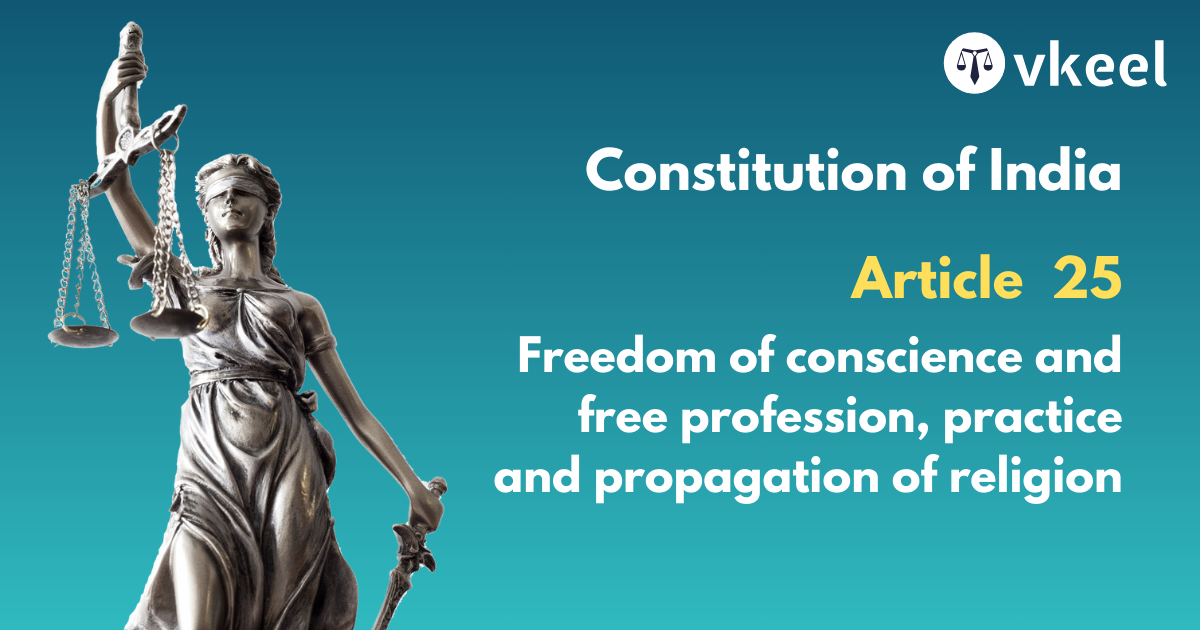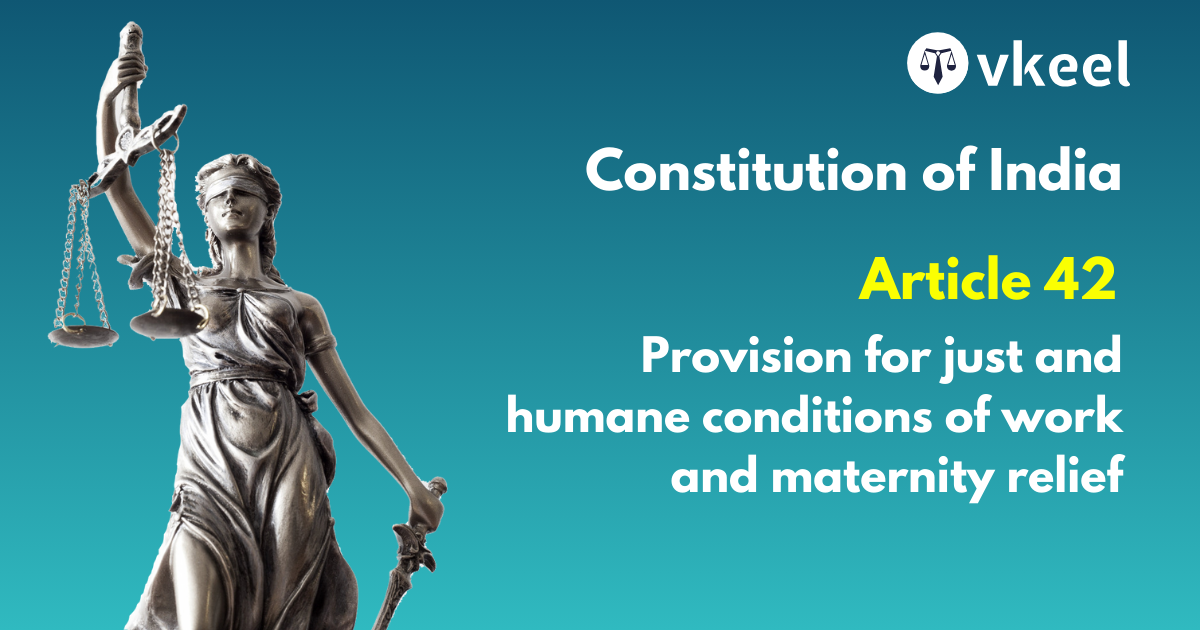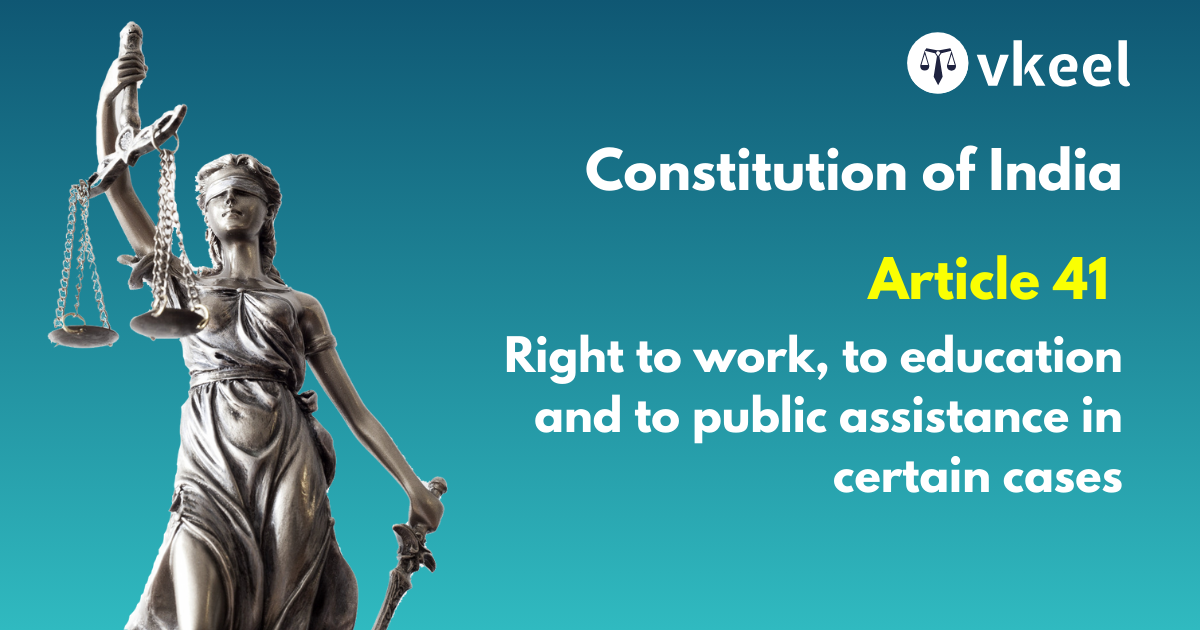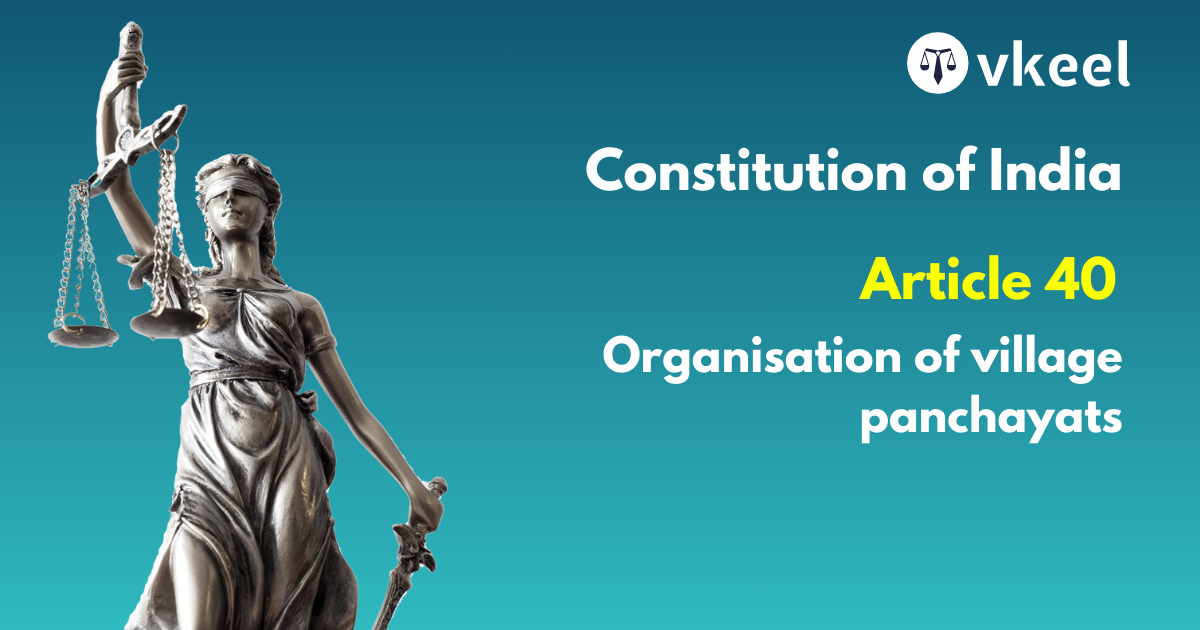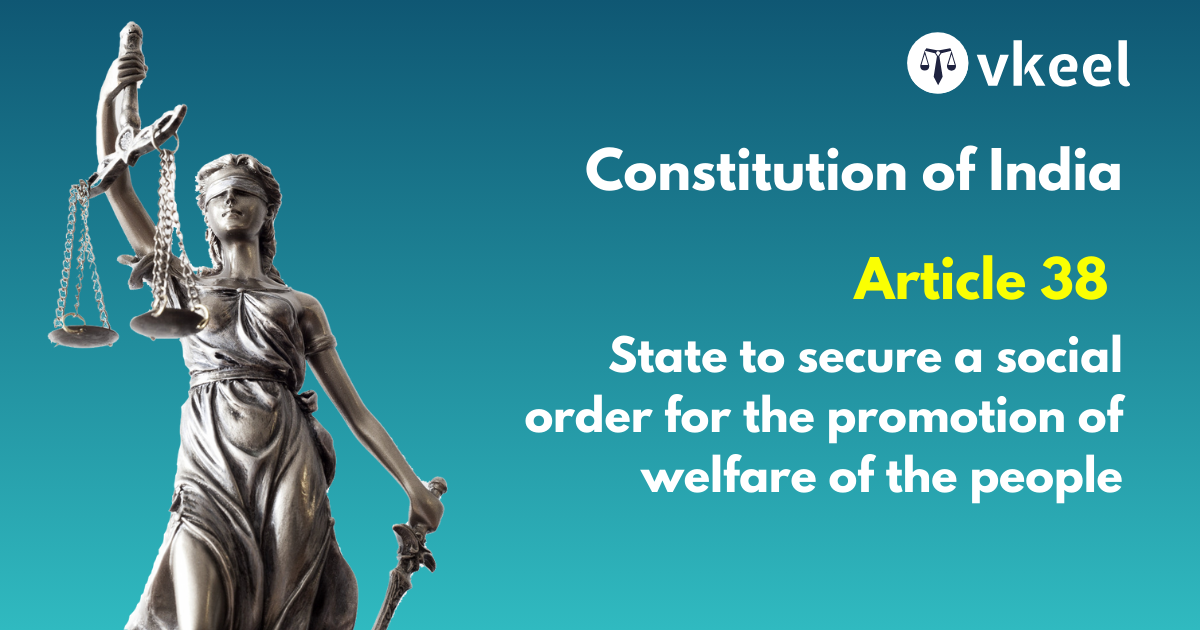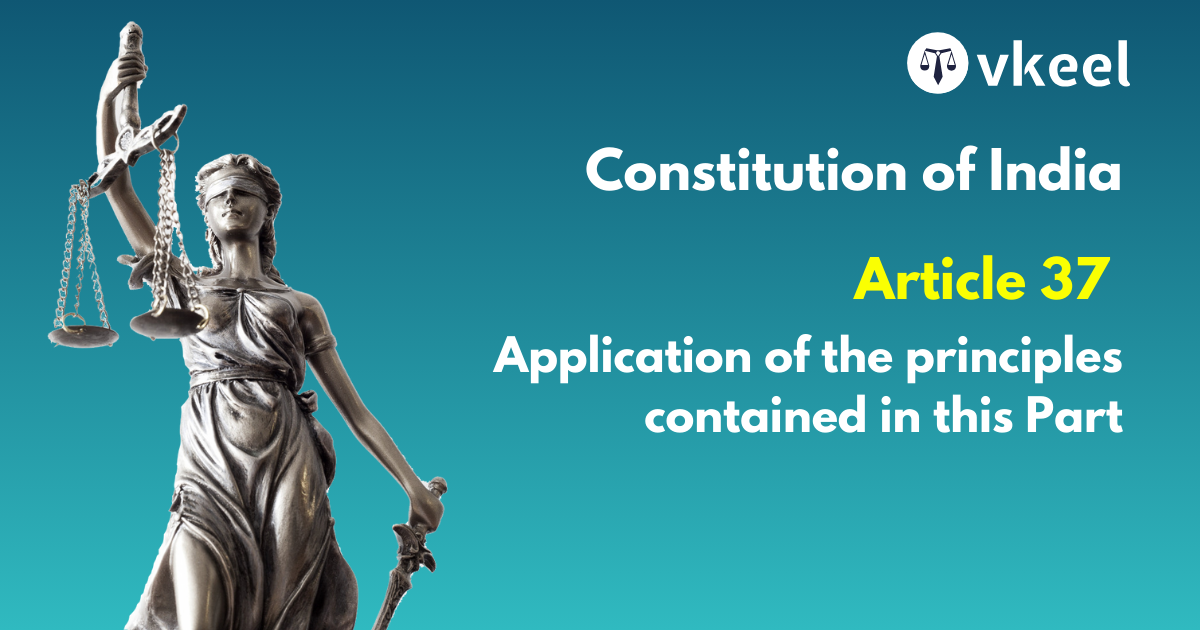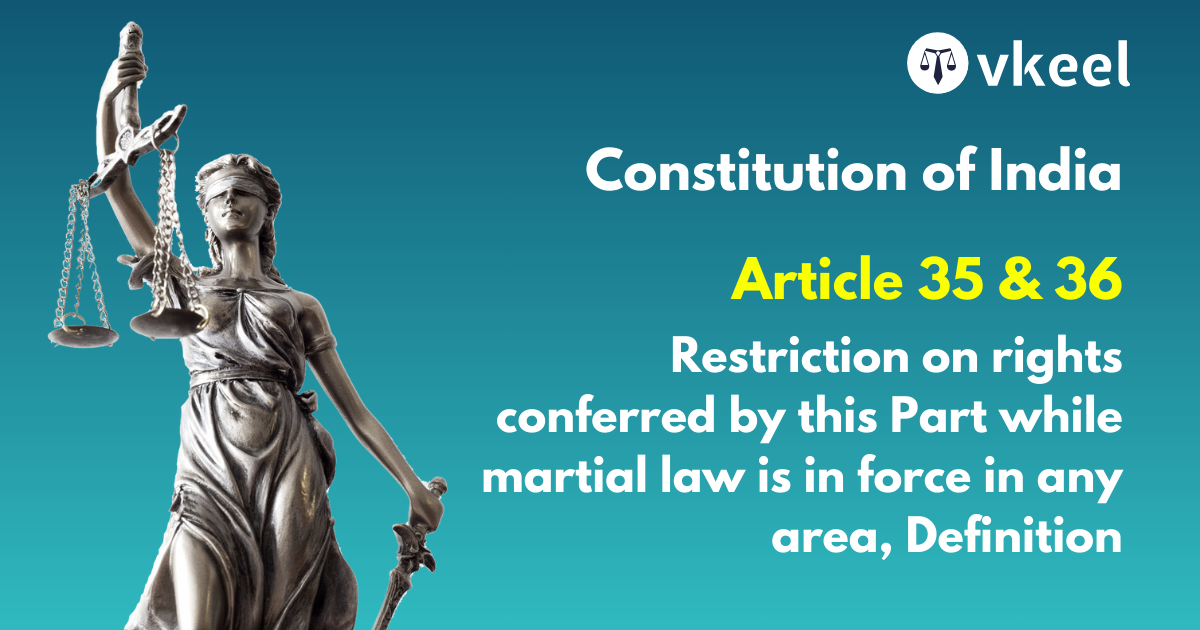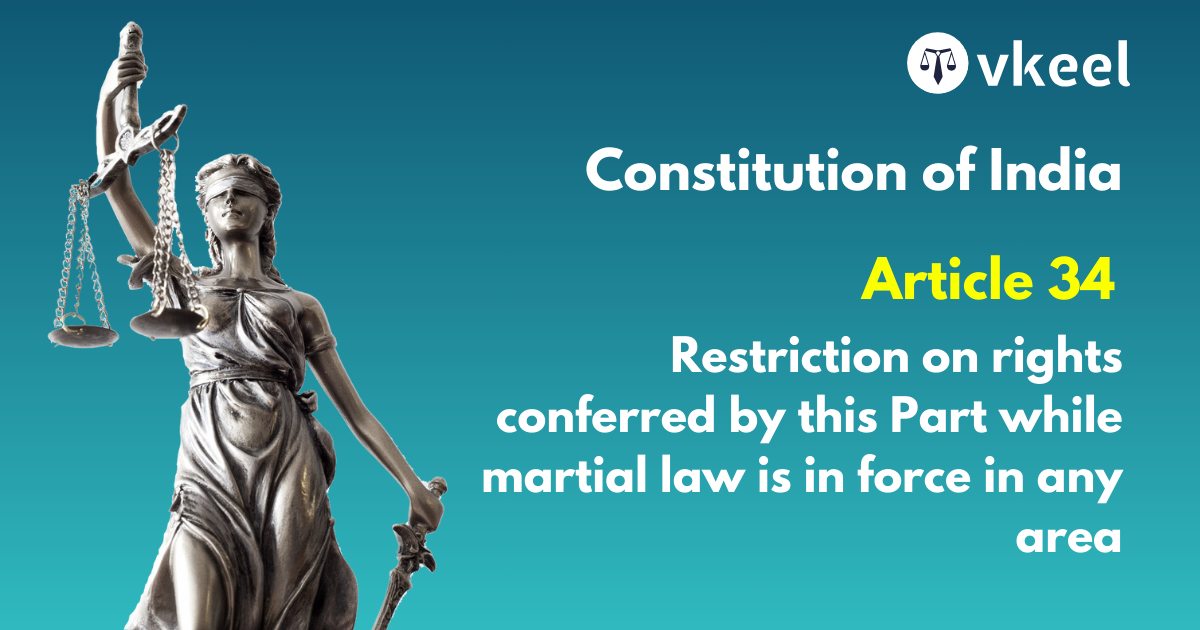Article 25 of the Constitution of India
By Joy Puri
Introduction
The Article 25 of the Constitution of India talks about the freedom which the people possess regarding opting their respective religions.
The crucial part to focus on herein is that the Article 25 of the Constitution of India talks not only about the citizens but to all the persons on the country.
However, the curtailment is still followed on the grounds of maintaining public order in the country, morality, health and other fundamental rights of the people.
Article 25 of the Constitution of India
Freedom of conscience and free profession, practice and propagation of religion
(1) Subject to public order, morality and health and to the other provisions of this Part, all persons are equally entitled to freedom of conscience and the right freely to profess, practise and propagate religion
(2) Nothing in this article shall affect the operation of any existing law or prevent the State from making any law:
(a) regulating or restricting any economic, financial, political or other secular activity which may be associated with religious practice;
(b) providing for social welfare and reform or the throwing open of Hindu religious institutions of a public character to all classes and sections of Hindus.
Explanation I—The wearing and carrying of kirpans shall be deemed to be included in the profession of the Sikh religion.
Explanation II—In sub-clause (b) of clause (2), the reference to Hindus shall be construed as including a reference to persons professing the Sikh, Jaina or Buddhist religion, and the reference to Hindu religious institutions shall be construed accordingly.
Landmark Judgements
Javed Vs State of Haryana, 2003
The protection under articles 25 and 26 of the Constitution is with respect to religious practice which forms an essential and integral part of religion. A practice may be a religious practice but not an essential and integral part of practice of that religion. The latter is not protected by article 25. Thus, a law disqualifying persons having more than two children from contesting Panchayat elections is not violative of article 25.
Tilkayat Shri Govindlalji Maharaj Vs State of Rajasthan, 1963
What is protected under articles 25(1) and 26(b) respectively are the religious practices and the right to manage affairs in matters of religion. If the practice in question is purely secular or the affair which is controlled by the statute is essentially and absolutely secular in character, it cannot be urged that article 25(1) or article 26(b) has been contravened. The protection is given to the practice of religion and to the denomination’s right to manage its own affairs in matters of religion. Therefore, whenever a claim is made on behalf of an individual citizen that the impugned statute contravenes his fundamental right to practise religion or a claim is made on behalf of the denomination that the fundamental right guaranteed to it to manage its own affairs in matters of religion is contravened, it is necessary to consider whether the practice in question is religious or the affairs in respect of which the right of management is alleged to have been contravened are affairs in matters of religion. If the practice is a religious practice or the affairs are the affairs in matters of religion, then, of course, the rights guaranteed by article 25(1) and article 26(b) cannot be contravened.
Commissioner of Police Vs Acharya Jagdishwarananda Awadhuta, 2004
The protection guaranteed under articles 25 and 26 of the Constitution is not confined to matters of doctrine or belief but extends to acts done in pursuance of religion and, therefore, contains a guarantee for rituals, observances, ceremonies and modes of worship which are essential or integral part of religion. What constitutes an integral or essential part of religion has to be determined with reference to doctrines, practices, tenets, historical background etc. of the given religion.
Rev Stainislaus Vs State of Madhya Pradesh, 1977
The expression ‘propagate’ has a number of meanings, including multiply specimens of (a plant, animal, disease etc.) by any process of to natural reproduction from the parent stock, but that cannot, for obvious reasons, be the meaning for purposes of article 25(1) of the Constitution. The article guarantees right to freedom of religion, and the expression ‘propagate’ cannot therefore be said to have been used in a biological sense. The word ‘propagate’ has been used in article 25(1), for what the article grants is not the right to convert another person to one’s own religion, but to transmit or spread one’s religion by an exposition of its tenets. It has to be remembered that article 25(1) guarantees “freedom of conscience” to every citizen, and not merely to the followers of one particular religion, and that, in turn, postulates that there is no fundamental right to convert another person to one’s own religion because if a person purposely undertakes the conversion of another person to his religion, as distinguished from his effort to transmit or spread the tenets of his religion, that would impinge on the “freedom of conscience” guaranteed to all the citizens of the country alike. Laws passed to prohibit forcible conversion of a person to one’s own religion were not violative of article 25 being meant to avoid disturbances to public order.
Conclusion
The aforementioned article of the Indian Constitution protects the rights of the people living within the territory of India, thereby building a greater country for tomorrow. The article, by conferring the rights of religion plays a crucial role to build a responsible society.
Disclaimer:
The information provided in the article is for general informational purposes only, and is not intended to constitute legal advice or to be relied upon as a substitute for legal advice. Furthermore, any information contained in the article is not guaranteed to be current, complete or accurate. If you require legal advice or representation, you should contact an attorney or law firm directly. We are not responsible for any damages resulting from any reliance on the content of this website.

